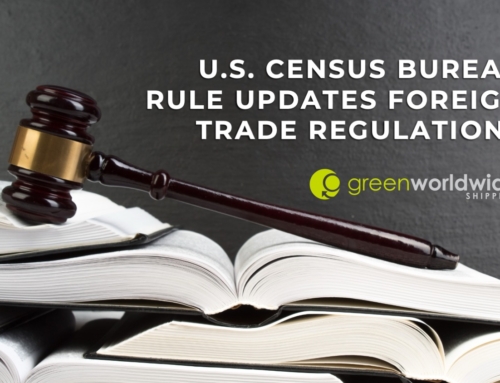UPDATE AS OF TUESDAY, JUNE 14, 2022
The Cargo Truckers Solidarity union and the South Korean Ministry of Land, Infrastructure and Transport reached a tentative agreement on Tuesday evening, ending an eight-day long nationwide trucking strike that impacted major manufacturing and shipping ports. It estimated that South Korea has lost $1.2 billion in commercial activity from unfilled deliveries.
Monday, June 13, 2022 | In South Korea, a truckers strike continued into its seventh day as both members of the Cargo Truckers Solidarity union and independent truck drivers across the country refused to move cargo in protest of increasing fuel prices, demanding an extension of the Safe Trucking Freight Rate measure that ensures minimum pay but expires this year.
On Monday, negotiations between the South Korean Ministry of Land, Infrastructure and Transport and the Cargo Truckers Solidarity union did not find resolution. As truckers continue to protest, it is not clear how quickly an agreement could be reached to avoid aggravating global supply chains with even more complications.
South Korea is home to some of the world’s largest automobile and semiconductor manufacturers; any delays in the supply of critical components or finished product movement results in significant production losses.
IMPACTED INDUSTRIES
The strike has a direct impact on global supply chains for industries, such as:
- Semiconductors
- Smartphones
- Auto
- Batteries
- Petrochemical, Refineries
- Cement, Steel
PORTS & SHIPPING
Without cargo moving effectively between factories and South Korea’s 12 shipping ports, terminals are running out of space to store in- and outbound ocean containers.
Busan port, the world’s seventh-largest container port, is experiencing an alarming reduction in container traffic, down by a third of normal productivity levels. Meanwhile, the port servicing Ulsan, the country’s industrial center, has completely suspended operations due to local strike action.
What should U.S. supply chains do?
U.S. shippers are advised to examine the impact of delays to their supply chains and coordinate with freight teams accordingly. We caution against making any significant changes unless mitigation alternatives are securely in place. As always, Green will continue to monitor the situation as it develops.
Stay up-to-date on freight and trade news by following Green on Facebook, Twitter, and LinkedIn.






